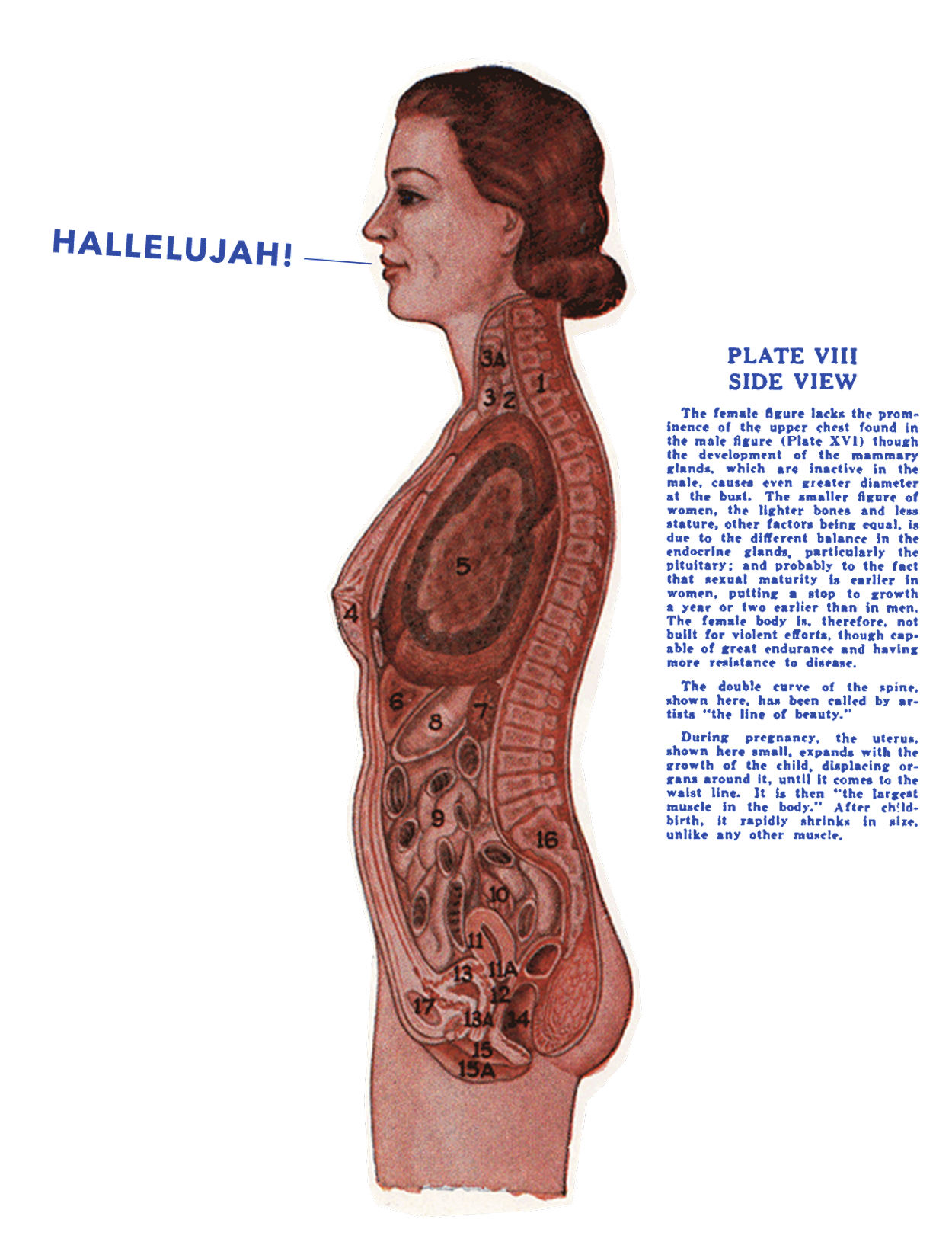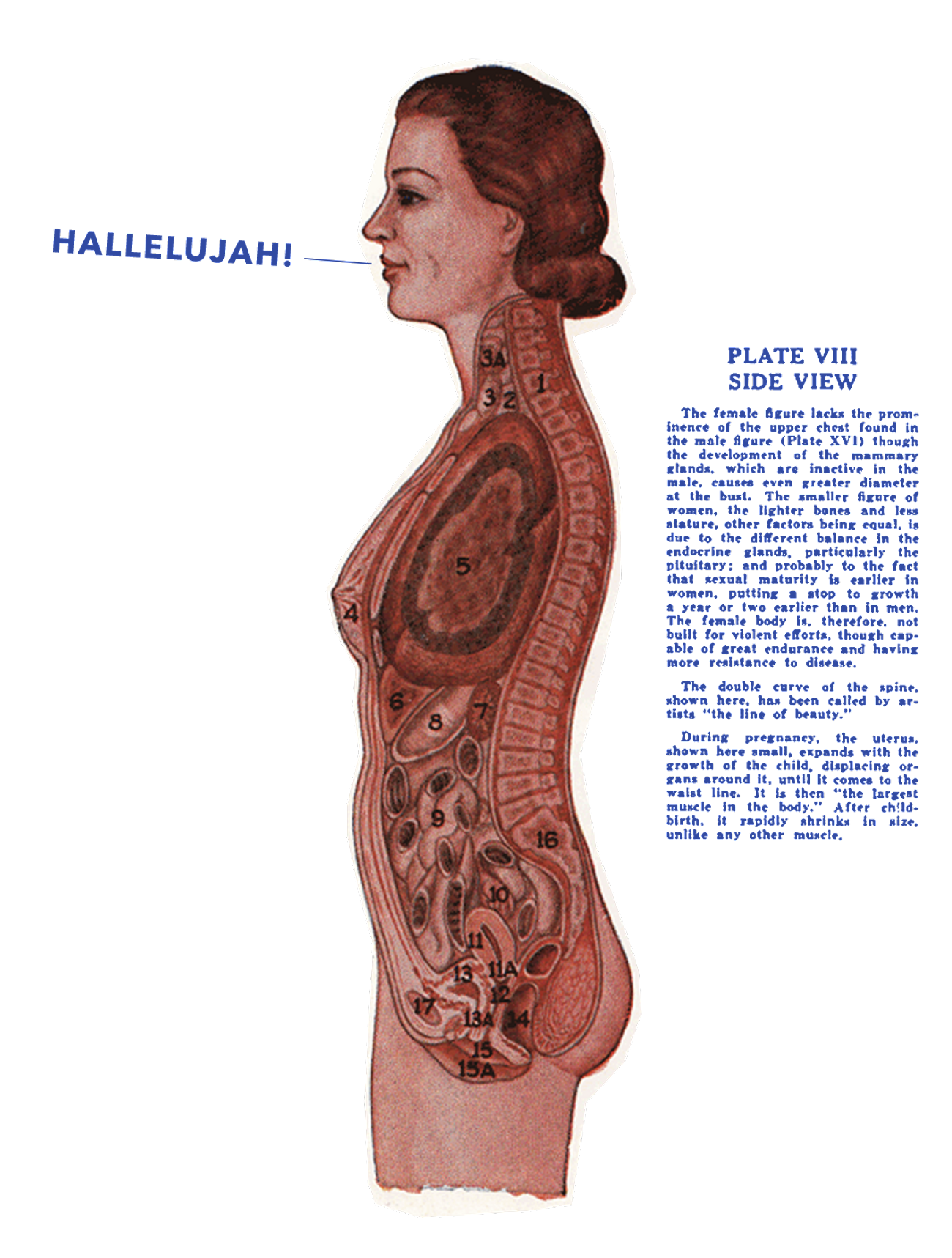Searching for a Blessing
How I found the right words to say before surgery




What bracha do I make over losing my ovaries?
At age 54, my ovaries and fallopian tubes were being surgically removed along with a stubborn, slow growing cyst. The cyst needed to be taken out and biopsied; my oncology team assured me that it was 99% benign, but surgery was necessary to eliminate all doubt. The rare blood cancer that I’ve been living with for a decade, Waldenstrom macroglobulinemia, put me at higher risk for secondary cancers.
Weeks before surgery, I searched for the right words to mark the moment. In this time of uncertainty, transition, and farewell, I turned to ritual for comfort. I contemplated different blessings. Which one would it be?
I was stumped. Even Google was stumped.
I turned to the experts for guidance. In 1974, when he was in sixth grade, my husband was a Torah Umesorah Brachos & Shabbos Bee champion. This national, highly competitive contest follows a spelling bee format but instead asks tricky questions such as: What blessing do you make over Cheerios and milk? Years ago I had his official certificate framed and hung in his office next to his diplomas. I know what makes him most proud. But apparently, the bee’s official study guide did not include blessings to utter over the removal of lady parts. Although it seemed shocking at first, even I had to admit that most of us witness more thunder, lightning, and rainbows than general anesthesia across a lifetime.
In the weeks before surgery, several candidates were floated but none stuck. The first contender was: oseh ma’aseh bereshit (Blessed are you Lord, who forms the world of creation). A fan favorite, this blessing is recited over witnessing awe-inspiring works of creation such as the powerful sea, mountains, and desert. It made sense to bless our Creator when honoring the actual physical equipment responsible for my two best creations: My 24-year-old twin boys are my pride and joy. Partnering in our finest work together, I give God a lot of the credit. But I also feared removal of the bodily source of my creative powers. Would my fierce, fearless, creative prowess remain intact afterward? What would happen to my personal “wow factor” if I could no longer create human beings from scratch? How would I “procreate” ideas in mid-life without the old reliable hardware?
On darker days, I thought it more appropriate to recite Kaddish. In the face of loss, our tradition asks that we proclaim God’s goodness and offer words of praise instead of the more intuitive, anguished, heartaching question: Why? Burying the part of me that carried out the mitzvah of pru u’rvu (fruitfulness) made some kind of sense. But in a pandemic year with overwhelming numbers of lost lives and the harsh reality of Zoom shivas, reciting Kaddish felt melodramatic and out of touch. But I still needed a way to say goodbye.
I contemplated stealing a line from one of my favorite moments in the Jewish holiday cycle: Kol HaNe’arim. On Simchat Torah, seeing the youngest members of our community gathered tightly together on the bimah, under outstretched tallitot held overhead, always moves me. It is our children’s moment, their blessing over the Torah, their future celebrated. In the Montreal shul I grew up in, we joyously sang “Hoshea et amecha” (Save Your people and bless Your inheritance and tend them and carry them forever) and danced around our collective babes. My local Philly shul sings a heavier, molasses-laden lullaby: “Hamalach Hagoel” (May the angel who redeems me from all evil bless the children), which feels both sobering and sad. Parents encircle the next generation—who are all hopped up on a mixture of sugary candied junk food and sweat—as hopes of carrying on the legacy pours from our hearts. Though I prefer the joyful dancing, I sense my ovaries would appreciate that slow dirge before departure—a melancholy farewell to those they helped craft.
Thoughts of standing on the bimah brought to mind another quintessential—and somewhat confusing—milestone moment. After a bar/bat mitzvah finishes the Torah reading, their parent recites the blessing “Baruch Shepatarni” (Blessed be He who has released me from being punishable for this child). It is a blessing of release and relief. The child is now on their own—morally, ethically, ritually. Parents are no longer to be held personally responsible for who their kids are in this universe. Maybe those are the right words to state—a parental declaration of independence? No longer owning the parts that can build a human, perhaps it is time to turn inward, liberated, and nurture myself with no strings (or tubes) attached. But who am I kidding? Elizabeth Stone taught us that having a child is “to decide forever to have your heart go walking around outside your body.” I can never feel fully liberated from my boys. With or without ovaries, they are bound to me by an invisible, emotional umbilical cord. Our fates are tied together eternally, thankfully.
In the end, I found the perfect bracha accidentally. Or ironically.
When the hospital called with my surgery date, it turned out to be on my mother’s 26th yahrzeit. I laughed out loud because I coveted God’s “gotcha!” sense of humor. Her yahrzeit falls on Rosh Hodesh Iyar so I recite Hallel alongside Kaddish every year. That always feels a little bizarre. But this year it felt right. And comforting. Because I was faced with two possible words: benign or malignant. I was staring into the face of a possible secondary cancer. I was kissing goodbye the parts of me that created the best parts of me in this world.
What better time to raise my voice, tilt my head heavenward, open my heart and let out a desperate, pleading, scared, grateful, hopeful, joyful, demanding, angst-filled Hallelujah!
What else is there to say? When the words: “thanks … goodbye … please don’t be malignant” fall short, the blessing over the Hallel—and the bold proclamation “Hallelujah!”—said it all.
It also came in handy when the smiling surgeon woke me up in the post-op recovery room with the most beautiful word in the English language: benign. Hallelujah indeed.
Lisa J. Wise is working on an essay collection about living with third-generation lymphoma and volunteering to be Patient No. 1 in a brand-new experimental clinical trial.